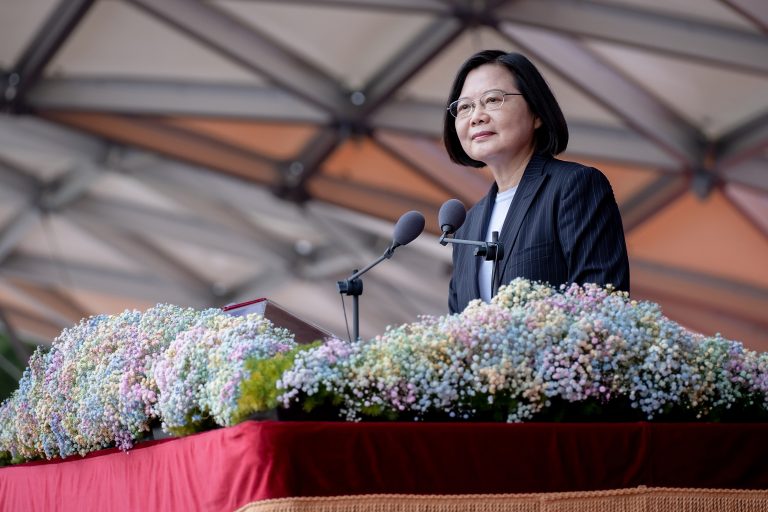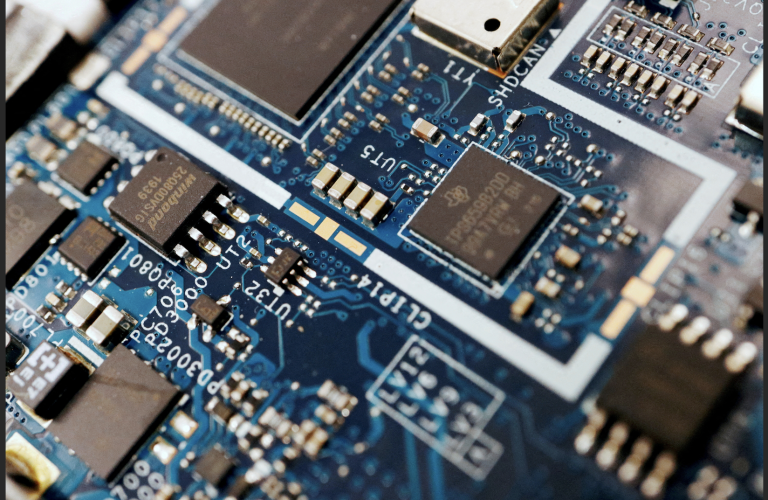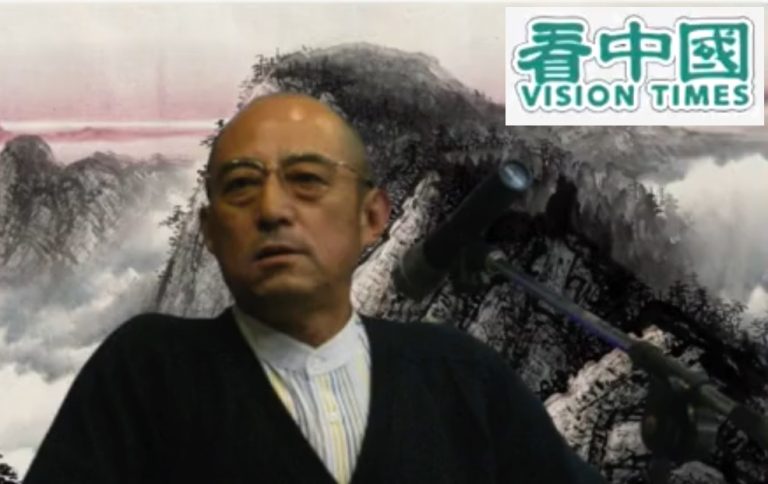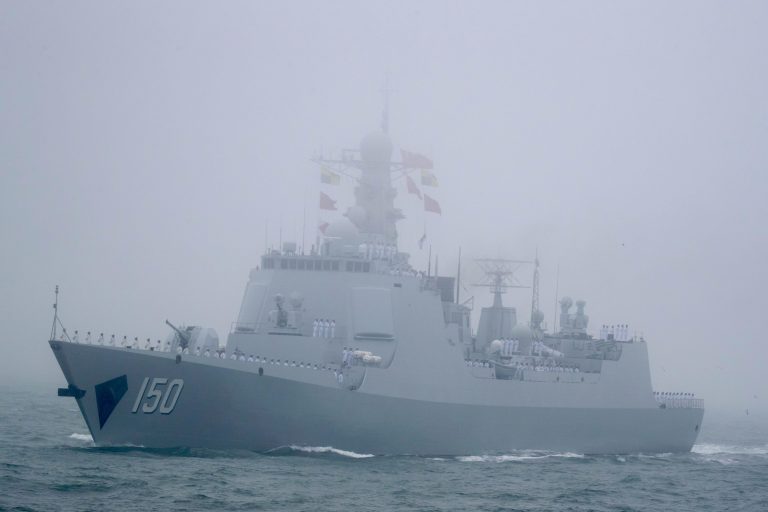Taiwan’s President, Tsai Ing-wen, is scheduled to make visits to the U.S. as part of her upcoming diplomatic trip to Central America, her office confirms. Tsai’s visit to the region aims to strengthen ties and bolster diplomatic connections with Taiwan’s Central American allies — Guatemala and Belize — to promote cooperation between the nations.
The Taiwanese presidential office announced on Tuesday, March 21 that Tsai will make stopovers in New York and Los Angeles during her trip to and from Central America. She is expected to spend two nights in New York starting March 29, followed by two more nights in Los Angeles on her way back to Taiwan from April 4, the office said.
According to the office’s spokeswoman, Lin Yu-chan, this diplomatic visit is in response to the genuine invitations received from the allies and aims to “deepen cooperation” between the nations. This “journey of common prosperity with democratic partners” highlights the significance of Guatemala and Belize — two of the remaining 14 countries with formal diplomatic ties with Taipei, Lin said.
Bolstering ties
The trip also provides a key opportunity for President Tsai to strengthen Taiwan’s relationships with the U.S. — a key ally of the embattled island state. Taiwan, which is formally known as the Republic of China (ROC), has been seeking to deepen its relationship with the West.
Despite the U.S. not formally recognizing Taiwan as an independent country due to its adherence to the “One China” policy — which recognizes the People’s Republic of China (PRC) as the sole legal government of China — Washington has continued to hold informal diplomatic ties with Taiwan. This policy coupled with the ROC’s expulsion from the United Nations in 1971 has resulted in Taipei being largely isolated from the global community.
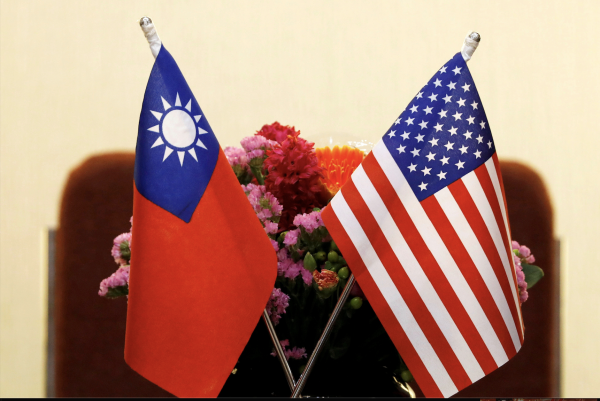
Success
You are now signed up for our newsletter
Success
Check your email to complete sign up
The U.S. has become increasingly vocal in its support for Taiwan’s participation in international organizations, and has encouraged other countries to support Taiwan’s participation in the global community.
In addition, the U.S. has provided military, tactical, and political support to Taiwanese troops as part of the Taiwan Relations Act (TRA) passed in 1979. The TRA requires the U.S. to provide Taiwan with necessary weapons and military training in the event of an invasion or military coercion against the island.
U.S. President Joe Biden has also confirmed on several occasions that if Taiwan were to suffer an invasion by Communist China, the U.S. would come to its aid, though White House officials have walked back such statements each time.
Looking ahead
When asked if Tsai would meet with U.S. House Speaker, Kevin McCarthy, during her visit to Los Angeles, Taiwanese foreign vice-minister Alexander Yui said that though transit plans were still being arranged, he said a final schedule would be made public once all arrangements were finalized.
According to a report by think-tank the Financial Times, Tsai is expected to deliver a speech on March 30 at an event in New York organized by the Hudson Institute where she will be presented with a “Global Leadership Award.”
The report added that Tsai is also expected to meet with McCarthy in his home state of California, and will likely also give a speech at the Reagan Library in Simi Valley during this time.
McCarthy had previously expressed his intention to visit Taiwan to show support for the island, but later confirmed on March 7 that he would instead meet with Tsai on U.S. soil — prompting warnings from Beijing that “grave consequences” could take place if the visit went ahead.
Beijing claps back
Although Taiwan has emphasized that Tsai’s trip will only be a “routine diplomatic visit,” with no intentions of provoking its neighbor to the West, the planned visit has irked Beijing, with the PRC’s foreign ministry spokesman Wang Wenbin denouncing the trip and calling out Taipei for “propagating its independence.”
Wang expressed that China has lodged “solemn representations” with the U.S., and opposed any official engagement between Washington and Taipei. He added during a daily press briefing that Beijing will “firmly safeguard its territorial sovereignty and integrity.”
Despite the PRC’s objections, Tsai’s upcoming visit to Central America and the U.S. is being seen by many as a significant step towards promoting Taiwan’s diplomatic ties with its allies and further strengthening its relationship with Washington.
“The Taiwanese people deserve the world’s respect for continuing down this free, democratic, and sovereign path,” said former Secretary of State Mike Pompeo during a speech he gave in March 2022.



